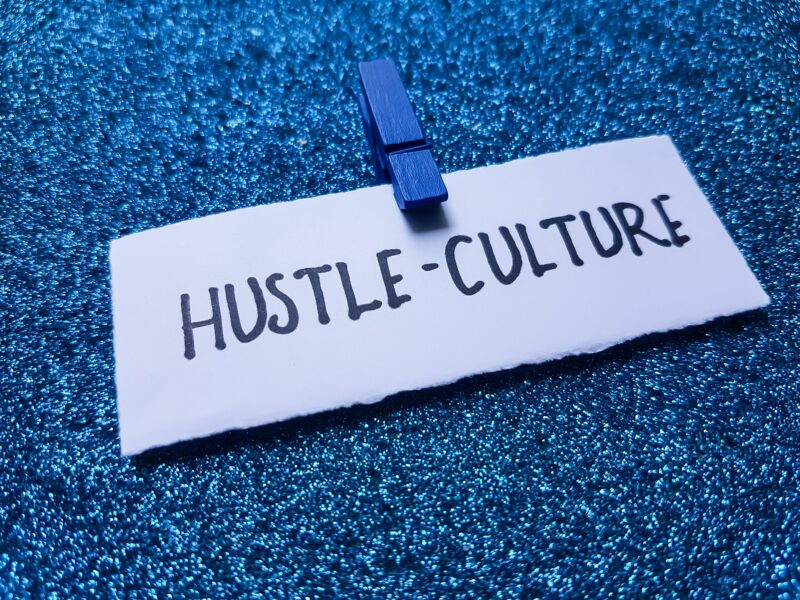Increase your self-efficacy. Self-efficacy is having the belief in your own ability to accomplish (and exercise control over) personally meaningful goals and tasks. People who have a stronger level of perceived self-efficacy experience less stress in challenging situations, and situations in turn become less stressful when people believe they can cope (Bandura, 1989). The most direct and effective way to enhance self-efficacy is through performance mastery experiences. When you accomplish a goal, your brain asks, “Hmmm, what else can I do?” Another way to build self-efficacy is to find a self-efficacy “model.” Simply observing a friend or work colleague accomplish something meaningful is contagious and increases your ability to meet challenges head on (Bandura, 1997). Identify what you need from your work. Harvard Business Review recently published an article identifying the six virtues of a dream company, as compiled from a list of hundreds of executives. The six virtues are as follows:
- You can be yourself
- You’re told what’s really going on
- Your strengths are magnified
- The company stands for something meaningful
- Your daily work is rewarding
- Stupid rules don’t exist






